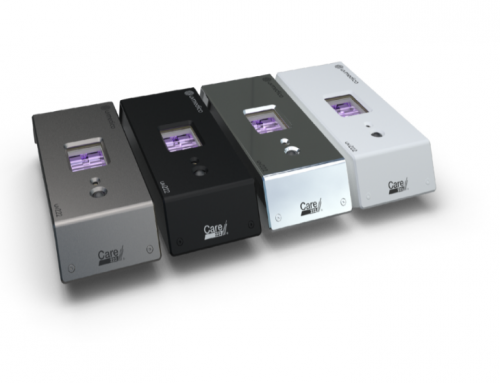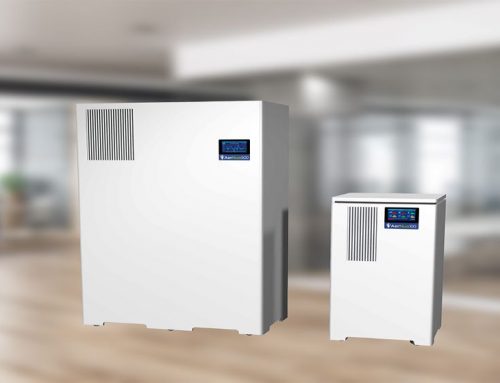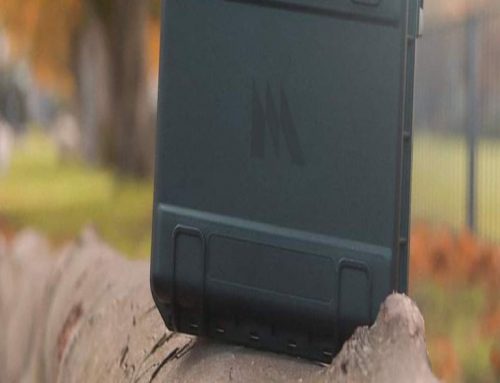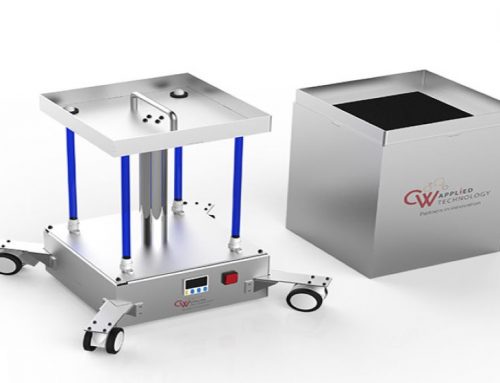Project Description
Company Overview
 Established in 1951, ProPhotonix is headquartered in Salem, New Hampshire, USA and has ISO certified production facilities in Cork, Ireland and Essex, U.K. ProPhotonix designs and manufactures LED illumination solutions and laser modules. In addition, we distribute laser diodes from key industry leaders like Oclaro, Osram, Sony, QSI, Panasonic and Ondax. ProPhotonix has established a strong position in the machine vision sector and building on this reputation has significantly expanded its presence into the solar, semi-conductor, security and medical markets. LED operations are headquartered in Cork, Ireland. ProPhotonix products are currently sold to over 500 customers primarily in North America, Europe and the Pacific Rim.
Established in 1951, ProPhotonix is headquartered in Salem, New Hampshire, USA and has ISO certified production facilities in Cork, Ireland and Essex, U.K. ProPhotonix designs and manufactures LED illumination solutions and laser modules. In addition, we distribute laser diodes from key industry leaders like Oclaro, Osram, Sony, QSI, Panasonic and Ondax. ProPhotonix has established a strong position in the machine vision sector and building on this reputation has significantly expanded its presence into the solar, semi-conductor, security and medical markets. LED operations are headquartered in Cork, Ireland. ProPhotonix products are currently sold to over 500 customers primarily in North America, Europe and the Pacific Rim.
Engagement with CAPPA
ProPhotonix had identified a current market gap for a cost-effective high-power fibre coupled module in the near-UV wavelength region close to 400nm. There are high-power arrays available on the market in this wavelength range, but the light sources are monolithic so if one emitter in the array loses power or fails it cannot be replaced leaving the customer with the choice of replacing the entire system or operating at a restricted power level. By targeting a fibre coupled platform ProPhotonix sought to offer a solution which allows end users to replace discrete modules when necessary. This significantly reduces the cost of ownership through the replacement of single emitters, rather than entire systems, and the ease at which a new module can be installed in the field, eliminating costly equipment downtime.
How CAPPA Delivered Solution for Industry
CAPPA worked closely with ProPhotonix in order to both understand the target idea and to demonstrate the technological challenges that were involved. An initial Enterprise Ireland feasibility study was carried out to understand the challenges and based on this a full Innovation Partnership was proposed. Through this Innovation Partnership and in conjunction with CAPPA partners in Tyndall a series of initial modules were designed and fabricated. Following on from characterisation and design iterations a full series of 32 modules are now being completed. The modules perform approx. 25% above the desired specification and the company has recently agreed a license with CAPPA for the modules. A series of 1000 modules are planned for fabrication in the future.







